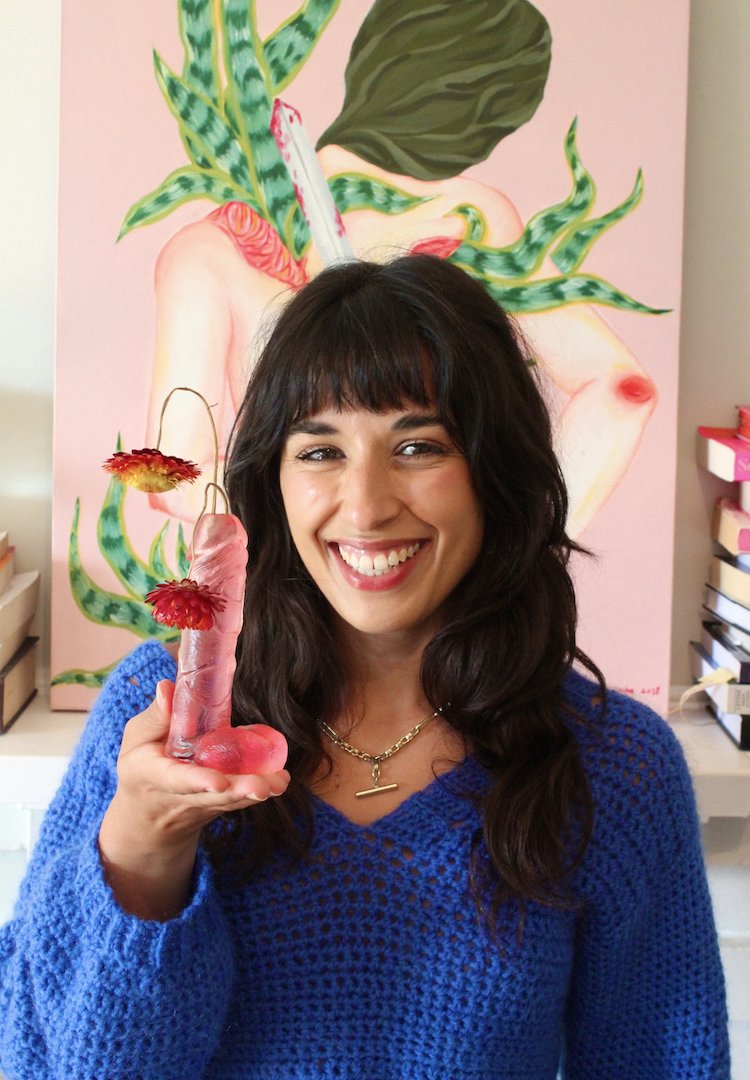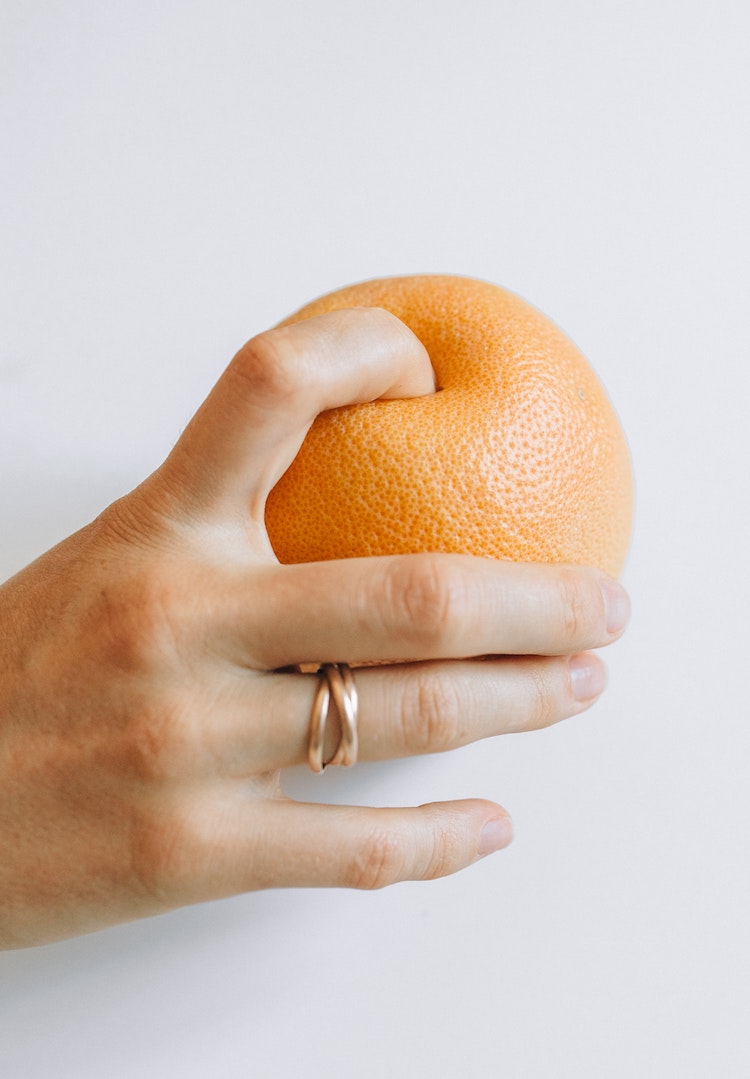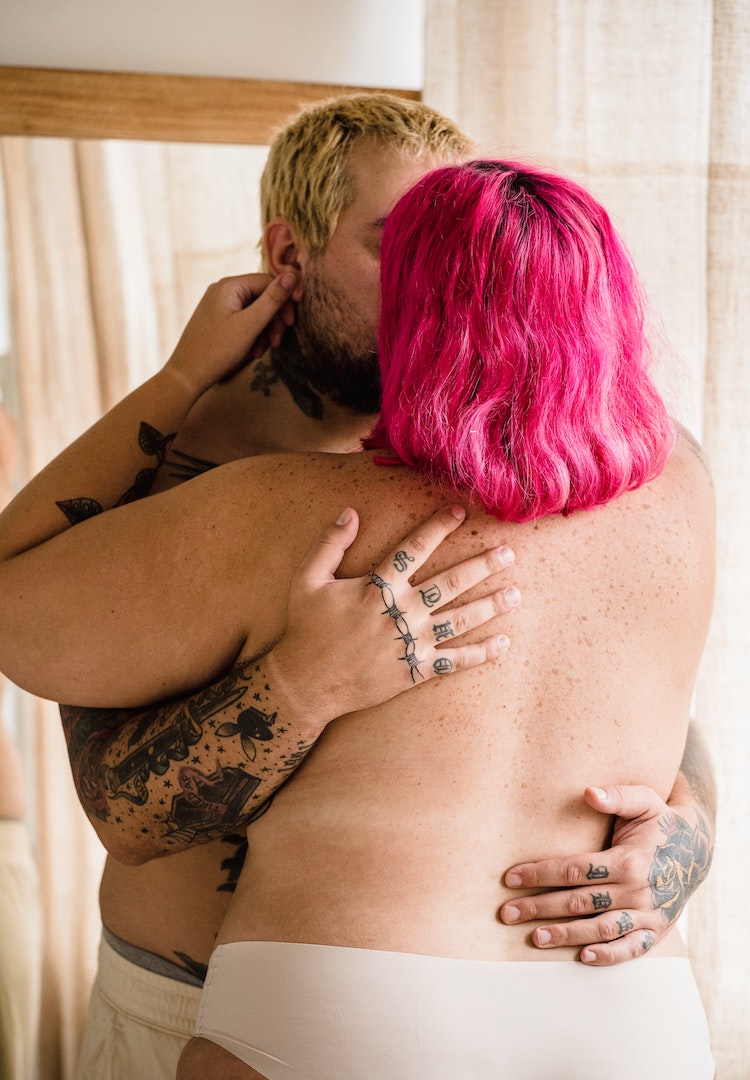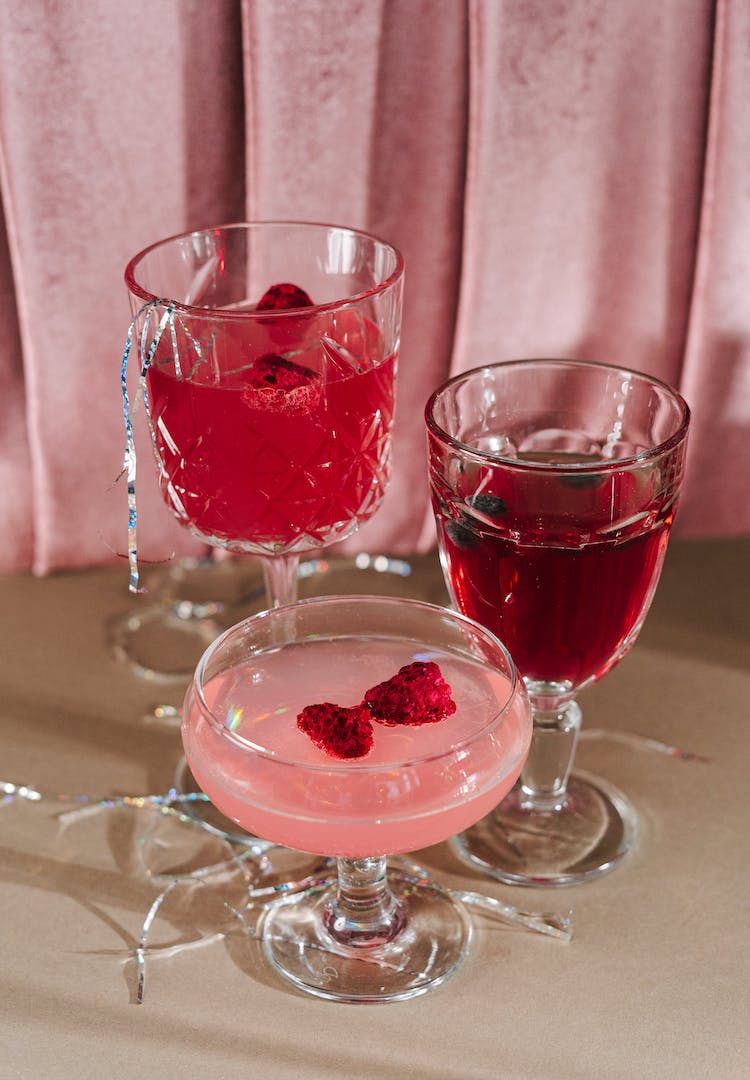What is sexual aftercare and why is it important?
WORDS BY Jess Rosenberg
“It’s about looking after the body and mind post-coitus, helping you and your partner to feel comfortable, safe and emotionally seen.”
60 per cent of women can’t label all parts of the vulva. One-third of us wouldn’t feel comfortable talking about gynaecological symptoms with a doctor. It’s no wonder sex aftercare is barely on our radar.
As both a physical and emotional act, it’s important we’re aware of all the parts of our body involved in sex and what comes after. As vulva owners, it can feel like we’re left in the dark when it comes to sex education – so many of us are misinformed about our health in our reproductive years. In my time, sex education certainly didn’t explore any of this. It was more of a crash course in how not to get pregnant.
For more sex-related stories, head to our Life section.
This is why, in 2021, I founded Moode – a reproductive health brand normalising conversations around fertility for Australian women. Educating ourselves and our friends on what’s normal in sex, fertility and health (and what certainly isn’t) is core to the Moode identity. We know very little about our own bodies and the wonderful ways they work – which is why sex aftercare is so important.
View this post on Instagram
Originating from the BDSM community, the phrase ‘sex aftercare’ is an umbrella term referring to the activities that come after intimacy. It’s about looking after the body and mind post-coitus, helping you and your partner to feel comfortable, safe and emotionally seen. We recently spoke to specialist obstetrician and gynaecologist Dr Kara Thompson about all things post-coitus care. In particular, she shared some tips about what to watch out for after sex – and when to seek help.
Urinary tract infections
“Urine infections in women are incredibly common, and no fun for anyone. For some women, sex can be a precipitant for a urine infection. This can be because people with a vagina have a much shorter urethra (the tube connecting the bladder to the outside world) than people with a penis. Bacteria in the area, of which there are naturally plenty in the vagina and the anus, can make the short trip up the urethra and into the bladder during all the excitement,” Dr Kara explains.
“Common advice is to urinate straight after sex to flush out any potential bacteria, however, there is no strong evidence that this is actually beneficial or necessary, especially for women who are rarely troubled by urine infections. So feel free to enjoy the snooze or the snuggles rather than running off to the toilet immediately after sex!”
“For those people who are troubled by recurrent urinary tract infections after sex, one option is to chat to your doctor about having a stash of antibiotics that you can take a single dose of when you have sex. This may be an effective way of getting ahead of any infection before it has a chance to develop into a full-blown UTI.”
“Other things to try when trying to prevent recurrent urine infections may be probiotics, cranberry tablets, or Hiprex. Oestrogen cream to plump up the tissues around the vagina and urethra can also be a fantastic help if you are post-menopausal or otherwise low in oestrogen.”
Pain after having sex
“In terms of avoiding sexual discomfort, it’s so important to know that pain in sex is not normal. It is common, unfortunately, but it isn’t normal. You should never feel you have to ‘put up’ with pain or discomfort in sex,” Dr Kara says. “Common causes of pain or discomfort during sex can be vaginismus [and] vulvodynia, as well as deeper pain from endometriosis or other pelvic conditions.”
Lubrication
View this post on Instagram
“Lack of adequate lubrication is also an incredibly common cause of discomfort during sex. This isn’t necessarily a sign of a lack of enthusiasm or arousal, there are many organic reasons why lubrication may be a little lacking,” Dr Kara tells me. “These may include low oestrogen, breastfeeding, menopause, stress or other medical conditions. Never be afraid to supplement with lots of lube. Water-based is best, and there is no such thing as too much!”
Arousal
“Most importantly, the number one thing to remember is if you’re not into it, it’s not on. The history of sexual pleasure has always been framed around men being receivers and women being providers of sexual enjoyment. Cultural expectations are set from a very young age regarding women’s role in the provision of sexual pleasure for men. Sex is something that women must police and judiciously determine when to provide. According to this narrative, sex is something that happens to women, not for women,” Dr Kara says.
“This cultural expectation must shift, urgently, if we hope to tackle the endemic of sexual violence, male entitlement and disregard for mutual pleasure and consent that plagues our current sexual landscape. It is fantastic that the last decade has seen a groundswell in the understanding of this gendered basis of sexual expectations. There is a natural revolution happening as women learn more about their bodies, their anatomy, what feels good, what doesn’t, and why. Sex is for pleasure. Demand nothing less.”
Avoiding bacterial infections
In addition to Dr Kara’s comprehensive advice, there are a few other points I think vulva owners should be aware of – like avoiding bacterial infections. Bacteria and yeast love hot and sweaty places, making tight clothes a veritable breeding ground for sex-induced infection. So keep things loose and make cotton your friend – it’s a heavy breather and absorbs moisture the way synthetic fabrics can’t. Better yet, skip the undies and let your vulva breathe free for a few hours after sex or overnight.
How to navigate ‘feeling dirty’
Using excessive vaginal treatments to clean up our downstairs can actually be harmful, not helpful to our vaginas. Their use can increase the risk of vaginal irritation, rashes, and future infections, causing problems where there were none before by upsetting the natural bacterial balance that’s hard at work. Despite the messaging here, our vulvas and vaginas are not dirty. They’re incredibly elaborate, autonomous, and self-regulating.
Knowing more about vaginal secretions
Feeling wet is nature’s sign we’re turned on. Think of it as free lube. The vagina creates additional secretions during sexual arousal to allow for a more comfortable sexual experience.
This article was originally published on October 19, 2022.
To learn more about Moode, head here.










